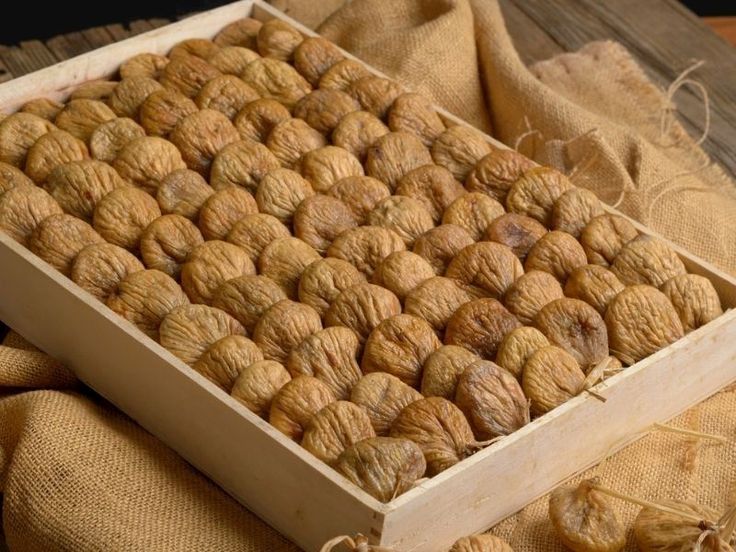Categories
The latest content
-

Customs Clearance & Import Regulations for Bulk Iranian Pinto Beans in EU, Middle East & Africa
..
-

Quality Control & Laboratory Testing Standards for Iranian Pinto Beans
..
-

Logistics & Shipping Solutions for Bulk Iranian Pinto Bean Exports
..
-

Minimum Order Quantity (MOQ) & Bulk Pricing for Iranian Pinto Bean Buyers
..

Tags
Customs Clearance & Import Regulations for Bulk Iranian Dried Figs in EU, Middle East & Africa

Exporting Iranian dried figs to international markets requires more than just superior product quality. Importers must also navigate customs clearance procedures, tariff codes, and specific regulations set by each destination market. Understanding these rules is essential for distributors, wholesalers, and government buyers to ensure smooth delivery, compliance, and reduced risk of shipment delays.
In this guide, we break down the customs clearance and import regulations for Iranian dried figs across three major regions: European Union, Middle East, and Africa.
1. EU Import Regulations for Iranian Dried Figs
The European Union represents one of the largest dried fruit markets globally, but it also has the strictest regulations.
Customs Documentation
• Commercial Invoice (with HS Code 080420 for dried figs)
• Bill of Lading or Airway Bill
• Certificate of Origin (usually issued by Iran Chamber of Commerce)
• Phytosanitary Certificate (issued by Iranian Ministry of Agriculture Jihad)
• Health & Laboratory Reports (showing compliance with aflatoxin and pesticide standards)
Food Safety & Quality Compliance
• The EU enforces maximum aflatoxin levels (≤ 4 μg/kg for human consumption).
• Pesticide residues must remain within EU MRL standards.
• Imports must comply with EU Food Safety Authority (EFSA) requirements.
Tariffs & Duties
• Iranian dried figs enter under HS Code 080420, with duties depending on EU trade agreements.
• Some importers benefit from reduced tariffs under preferential trade schemes.
Common Challenges
• Shipments delayed due to non-compliance with aflatoxin limits.
• Incorrect labeling (nutritional facts, allergen info, country of origin).
• Lack of traceability documentation required under EU food laws.
2. Middle East Import Regulations
The Middle East is both a major consumer and re-export hub for Iranian dried figs. Countries like the UAE, Saudi Arabia, and Qatar require strict but relatively streamlined processes.
Required Documents
• Commercial Invoice & Packing List
• Certificate of Origin (legalized by Chamber of Commerce)
• Halal Certificate (mandatory in GCC countries)
• Health Certificate confirming product safety
Key Requirements
• Halal certification is non-negotiable for imports.
• Labels must include Arabic translation alongside English.
• Products often undergo random inspections at ports for microbiological quality.
Customs Practices
• The UAE serves as a gateway hub, meaning dried figs often enter through Dubai and are re-exported to other Gulf and African countries.
• Customs clearance is generally faster than in the EU, provided documents are complete.
3. African Import Regulations
Africa is an emerging market for dried figs, with increasing demand in North Africa, Sub-Saharan Africa, and East Africa. Regulations vary widely by country.
Typical Documentation
• Commercial Invoice & Certificate of Origin
• Phytosanitary Certificate
• Health Certificate from Iran
• Conformity Certificate (required in countries like Kenya, Nigeria, and Egypt)
Key Considerations
• Egypt and Morocco: Large importers of dried figs with established inspection procedures.
• Kenya and Nigeria: Require Pre-Export Verification of Conformity (PVoC) through authorized agencies before shipment.
• South Africa: Enforces strict quality standards similar to the EU.
Tariffs & Trade Agreements
• Some African nations provide reduced tariffs under bilateral trade agreements with Iran.
• Others impose high import duties to protect local dried fruit industries.
4. Best Practices for Smooth Customs Clearance
To minimize risks and delays, importers and exporters of Iranian dried figs should:
Verify HS Codes (080420 for dried figs) to avoid misclassification.
Work with certified laboratories in Iran for aflatoxin and pesticide testing.
Ensure proper packaging & labeling, including language requirements.
Partner with local customs brokers for region-specific guidance.
Stay updated on regulatory changes, as food import laws evolve frequently.
5. Tamila Agrifood: Your Trusted Partner in Dried Fig Trade
At Tamila Agrifood, we provide:
• Full customs documentation support (invoices, origin, health certificates).
• Pre-shipment laboratory testing and certification.
• Compliance with EU, GCC, and African regulations.
• Seamless logistics and customs clearance assistance through our global partners.
With our expertise, importers can avoid costly delays and ensure timely delivery of premium Iranian dried figs.
Final Thoughts
Exporting and importing Iranian dried figs is not just about quality—it’s also about navigating customs and regulatory frameworks. By understanding the requirements in the EU, Middle East, and Africa, buyers and suppliers can achieve hassle-free transactions and sustained business growth.
Looking to import Iranian dried figs smoothly and compliantly?
Get in touch with Tamila Agrifood for complete documentation, compliance support, and reliable bulk supply.
Email: tamilaagrifood@gmail.com
WhatsApp: +989141858935



